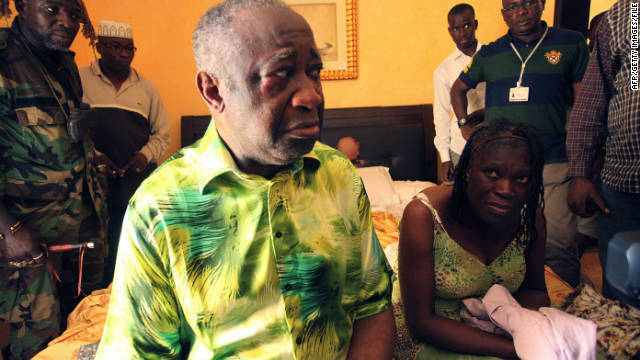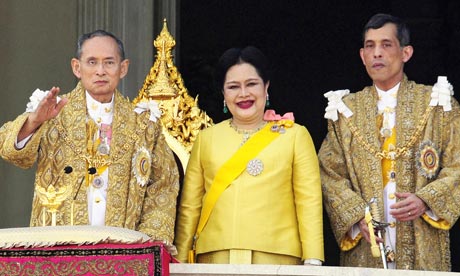By Terance Walsh
Impunity Watch Reporter, Europe
MINSK, Belarus — Human rights groups and the Council of Europe have taken aim at Belarus’s death penalty practice, calling for its abolition. Criticism follows the Belarusian Supreme Court’s November 30th death sentence for two convicted of a Minsk subway bombing. Belarus is the only country in Europe that still executes criminals.

Dmitry Konovalov and Vladislov Kovalyov were convicted of “an act of terrorism” for the perpetration of a bombing of a subway in Minsk in April 2011. The attack killed 15 people and wounded more than 200 others. They were also found guilty of participating in three other bomb attacks between 2005 and 2008 that resulted in over 100 people being injured.
The explosion took place during a crackdown by Belarusian President Aleksander Lukashenko against his political opposition. Lukashenko said the bombing attacks were “aimed at undermining peace and stability in the country.”
Both Konovalov and Kovalyov were arrested just days after the attack, but the prosecution offered little explanation and no forensic evidence to support their apprehension.
During the trial the government called the defendants “explosive enthusiasts” who were not motivated by any political persuasion. The prosecution argued that the men were not part of any terrorist group but were only driven by “hatred for mankind.”
Prosecutors maintain that both men confessed to participating in the bombing, but Kovalyov retracted his confession during the trial. He said his confession was given under duress.
Judge Aleksandr Fyodorstov said the defendants “pose an exceptional danger to society, and an exceptional penalty should be applied to them.”
After the sentence was issued Lyubov Kobalyov, the mother of one of the defendants, told the press that the case against her son was fabricated.
Council of Europe secretary general Thorbjorn Jagland has spoken out against Belarus’s practice of capital punishment in general following the sentence. In a statement he said, “The crime they were found guilty of was barbaric, but their punishment should not be the same. Belarus is the only country in Europe which still executes people and I would urge the authorities to introduce an immediate moratorium with a view to its ultimate abolition.”
Ultimately the decision whether or not to execute the defendants remains in Lukashenko’s hands. The sentence cannot be appealed, the only recourse the defendants have is a request for a pardon from Lukashenko.
Human rights activists have also petitioned to Lukashenko to call off the death penalty. They have also called into question the evidence used to convict the two men. Lukashenko, however, has already called for use of the full brunt of the law for the two convicts.
Figures from Amnesty International show that Belarus has executed 400 people for various crimes since the fall of the Soviet Union in 1991. Currently only one man is on death row in Belarus for murders committed during a robbery.
Between 1990 and 1993, 85 people were sentenced to death in Belarus and 102 were sentenced between 1998 and 2010.
Among former Soviet states Armenia, Azerbaijan, Georgia, Kyrgyzstan, Moldova, Turkmenistan, and Uzbekistan have adopted legislation officially abolishing the death penalty. Kazakhstan, Russia, and Tajikistan have issued moratoriums on executions since 1991.
According to Amnesty International at least 17,800 people were sentenced to death worldwide in 2010. The death penalty is most frequently imposed in China, Iran, Saudi Arabia, the United States, and Yemen.
Belarus is the only European country that still maintains capital punishment and government polls show a majority of Belarusians support the use of the death penalty for serious crimes. A 2010 poll conducted by the Presidential Information and Analytical Center in Belarus shows 79.5 percent of Belearusians in favor of the death penalty. Only 4.5 percent of Belarusians call for an immediate abolition of the death penalty.
Polling by independent organizations in Belarus show different figures. One such organization shows 48 percent of the population in favor of abolition of the death penalty with another poll showing 39 percent of Belarusians against the death penalty.
The only time President Lukashenko has ever commuted a death sentence was in 1996 when he reduced a death sentence to a sentece of 20 years imprisonment.
For more information please see:
Irish Times — Death Sentence Criticized — 1 December 2011
New York Times — Belarus: Two Get Death Sentences For Subway Bombing — 1 December 2011
BBC — Belarus Metro Bomb: Two Sentenced To Death — 30 November 2011
Radio Free Europe/Radio Liberty — Belarus And The Death Penalty — 30 November 2011
Voice of America — European Council Urges Belarus To Abolish Death Penalty — 30 November 2011



